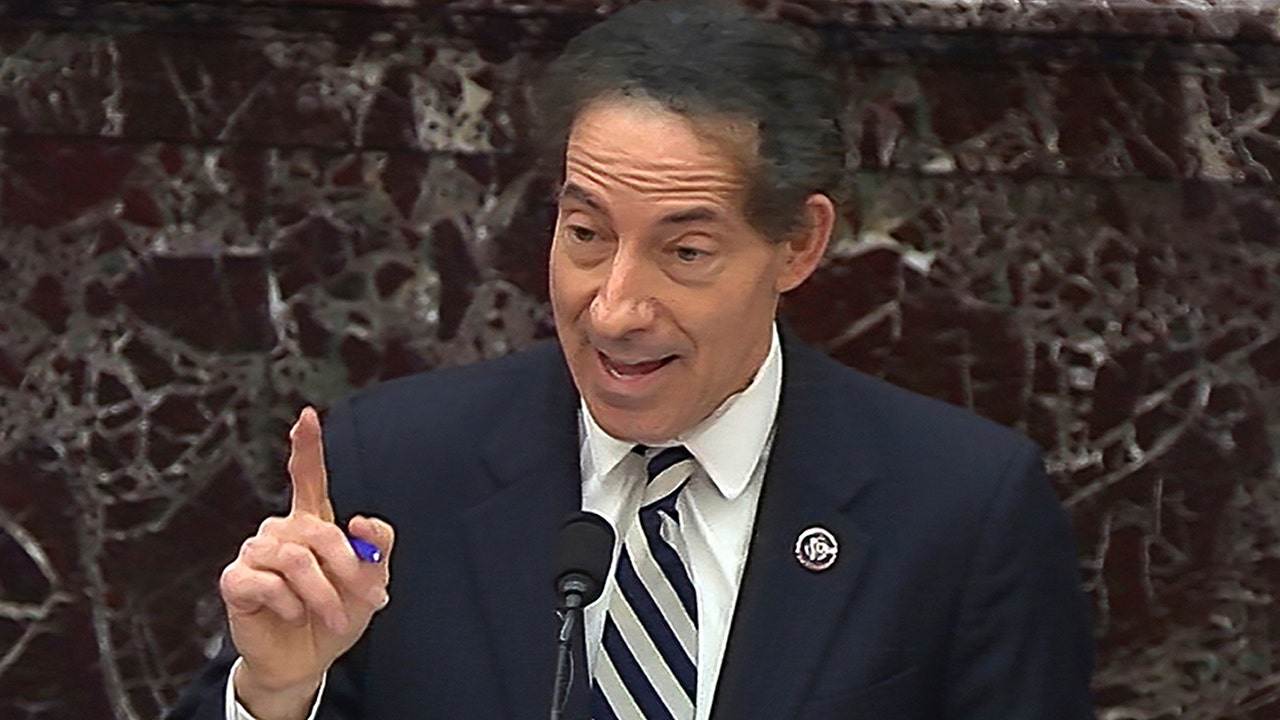Perspective | Merrick Garland finally speaks. His words were worth the wait.
To the basic public, he had change into referred to as the qualified jurist whose abilities the Senate had refused to debate, the good man who was carried out flawed by his elected officers, the public servant who was collateral injury in a partisan energy seize. But now he was in entrance of the committee as President Biden’s selection for legal professional basic, and he was being heard.
He revealed a pointy authorized thoughts that would clarify and reassure, however balanced with a diplomat’s restraint. He talked and he talked, however he refused to criticize his predecessors. He displayed no animus about how his earlier nomination had been tossed apart. He crammed the room with lengthy sentences and beneficiant paragraphs — a uncommon feat when committee members are sometimes racing towards the clock to personally hold forth.
But all that speaking wasn’t actually essential. In a couple of words surrounding a singularly lengthy and emotion-laden pause, he succinctly summed up his definition of justice, which is that it have to be blind but it surely shouldn’t be heartless.
Throughout the day, Garland spoke in low tones, with a slight rasp to his voice. He was considerate and civil and immensely affected person. He was a selected research in forbearance when he engaged with Sen. John Neely Kennedy (R-La.), who appeared incapable of greedy the definition of “implicit bias” with out knotting himself up in the concern of being known as a racist.
“I’m going to ask you about this concept of implicit bias,” stated the sad-suited Kennedy as he sat slumped in his chair. “Does that mean I’m a racist no matter what I do or what I think? I’m a racist, but I don’t know I’m a racist?”
“The label racist is not one I would apply like that,” Garland stated evenly — and not using a trace of are-you-a-dolt? — in his voice. “Implicit bias just means every human being has biases. That’s part of what it means to be a human being. The point of examining implicit biases it to bring our conscious mind up to our unconscious mind and to know when we are behaving in a stereotyped way. Everybody has stereotypes. It’s not possible to go through life without working through stereotypes. Implicit biases are the ones we don’t recognize. That doesn’t make you a racist.”
As Democrats and Republicans posed their questions, the thrust of every facet’s interrogation made clear the partisan cut up over what it means to place justice into apply. For most of the Republicans on the committee, justice appeared wholly outlined as punishment: why sure individuals deserve it, how harsh it may be, why it shouldn’t be even harsher and whether or not Hunter Biden will get his justifiable share of it.
They are champions of regulation and order, particularly on the subject of ensuring that left-wing antagonists, reminiscent of those that attacked the federal courthouse in Portland final 12 months or who introduced down Confederate monuments, are punished. But they were a bit much less righteous, a bit extra wobbly on matters reminiscent of white supremacy inside police departments and the army. The scourge of systemic racism appears to particularly elude the Republicans who, on Jan. 6, voted to annul the legally solid ballots of 1000’s of Black and Brown residents. These senators stated they were standing up for regulation and order. Disenfranchisement was punishment for a made-up crime. That was their model of justice.
Republican Sen. Josh Hawley of Missouri, the strutting younger politician who thrust his fist into the air in solidarity with the rioters who sought to cease the certification of the presidential election, performed his first spherical of questioning leaning ahead in his seat. He gave the C-SPAN viewers a three-quarter frontal pose, as if he were making an attempt to verify his most well-liked facet was thrust towards the digicam. He twirled his pencil and let his honey-toned baritone ooze questions into the microphone, together with one about whether or not Garland supported defunding the police. Garland stated no, which was no shock — Biden doesn’t assist it both. But getting a solution wasn’t the objective. The level was in posing the query itself, which was simply one other approach of reiterating that justice for Hawley is the equal of shoes on the floor, sirens blaring and weapons drawn.
Republican Sen. Ted Cruz of Texas, freshly returned from his calamitous jaunt to Cancún whereas his constituents were freezing to dying, didn’t appear to have misplaced any of his hubris or gained any empathy. This man who, together with Hawley and Kennedy, voted to delegitimize the presidential election, proposed to measure Garland’s integrity. Would Garland rise to the moral commonplace set by former legal professional basic William P. Barr, who as soon as testified, with the nonchalance of somebody saying they didn’t consider in the Easter Bunny, that he didn’t consider in systemic racism?
For the Republicans, justice isn’t one thing that “rolls down like waters,” it’s one thing that comes down like a hammer.
This was a failure that Sen. Cory Booker (D-N.J.) aimed to clarify when he requested Garland whether or not he was conversant in a biblical reference to justice that advises to “act justly and to love mercy.” Much of Booker’s questioning centered round racism inside the legal justice system — the disproportionate arrests of minorities, awful authorized illustration for the poor, sentencing imbalances and the challenge that precipitated Kennedy such befuddlement, implicit bias.
Garland acknowledge these points, the flaws in the system, the want to alter. And then he advised in public, the story he’d advised Booker in personal about why he wished to depart a lifetime appointment on the federal bench to do that job. It’s the most affordable query, however one which so typically isn’t requested: Why do you wish to do that?
“I come from a family where my grandparents fled antisemitism and persecution,” Garland stated. And then he stopped. He sat in silence for various beats. And when he resumed, his voice cracked. “The country took us in and protected us. And I feel an obligation to the country, to payback.”
“This is the highest, best use of my one set of skills,” Garland stated. “And so I want very much to be the kind of attorney general you’re saying I could be.”
And that will be one centered on defending the rights of the biggest and the least — and even the worst. Punishment is a part of the job. But it’s not the definition of justice.




